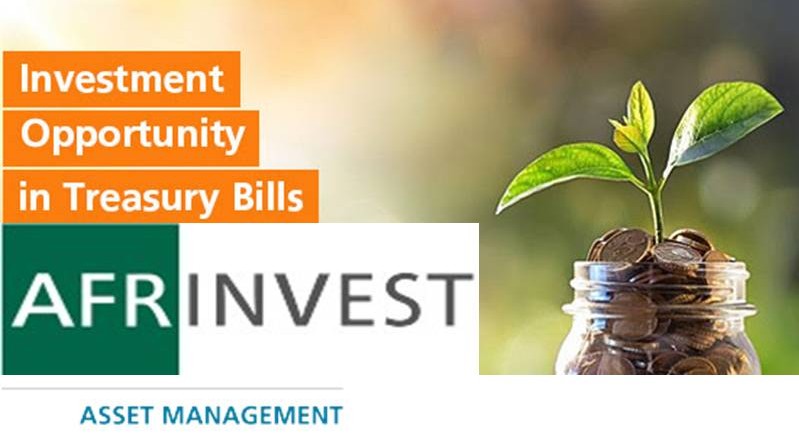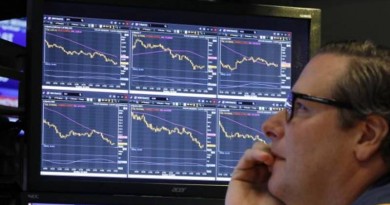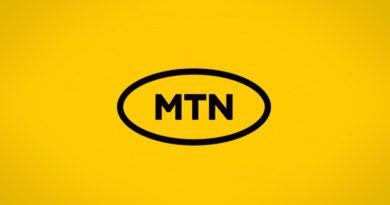Getting Ready for a “Come Back” as the equities Market Nears Trough – Afrinvest
Weak sentiment continues to weigh on the Nigerian equities market despite improving economic fundamentals signifying potential growth for companies; driving profitability and in turn returns to investors. Consequently, the All-Share Index has declined by 8.7% Year to Date (YTD). While some of the factors that have pressured the performance of the market in recent times have dissipated, risk factors such as, increasing incidences of trade protectionism, rising treasury rates in advanced economies and systemically important central banks as well as emerging market (EM) frailties still linger and could further impact negatively on the Nigerian market. Amidst the pessimism around equity trading, we see the light at the end of the tunnel as we analyse issues on the horizon which we view as most significant.
Emerging Market in Turmoil
EMs have been in a turmoil since early 2018 with massive sell-offs seen across asset classes. This was initially prompted by the reaction of foreign investors to rising yields in advanced economies, but lately, trade protectionism and emerging country-specific risk factors are featuring prominently. Most notably, Turkey and Argentina have been significantly affected, with the Turkish Lira depreciating c.40.0% against the dollar so far in 2018, while inflation levels have exacerbated to 17.9% – highest level since 2003. Similarly, the Argentinian Peso has lost c.52.0% against the greenback YTD, as EM sell-offs impacted the economy severely, propelling the monetary authority to raise benchmark rate to 60.0% on the 30th of August 2018.
Massive funds outflows from EMs have affected currencies of other countries such as Indonesia, South Africa, Thailand, Russia and India amongst others, while the MSCI EM index – which captures stocks with large and middle size capitalization representation across 24 EM countries – had declined by 8.8% as at the 31st of August 2018.
How Susceptible is Nigeria to the Contagion?
In our opinion, the contagion effect of emerging and frontier market routs resulted in a moderate slowdown of portfolio investments into Nigeria in H1:2018; sadly, this is expected to continue impacting sentiments as foreign portfolio participation in domestic equities remains feeble. Furthermore, persistent sell-offs, especially in H2:2018, cannot be dissociated from increasing political and policy risks, which historically define election cycles in Nigeria. Nonetheless, we do not expect these to have substantial impacts on the broader macroeconomy given the relative stability in external economics (particularly steady and positive outlook in oil market) and the commitment of the Central Bank of Nigeria (CBN) in achieving a stable foreign exchange market.
Unfolding Political Events are Risk Factors to Watch
Ahead of the 2019 general elections, rising political tensions and heightened insecurity – which have intensified polity uncertainties – are major downside risks to watch out for in H2:2018. The strains in the polity have been aggravated by the increasing rifts between the Federal Executive and Legislature, culminating into the delay in approving and signing the 2018 budget, including the supplementary budget. However, while we expect these and other critical issues to persist in the near-term, we believe there will be no lingering impact post-elections. Hence, we expect the risks to dissipate as the elections wind-up, potentially reversing risk-averse capital flight trend.
Outlook for Equities
While risk factors remain on the horizon, we are optimistic of an impending bullish streak in the market as equities near trough points. We advise investors to be on standby as we perceive the turning point imminent whilst echoing our long term focus on fundamentally sound stocks with attractive entry prices and prospects of, at least, double digit upside potentials.
| Sector/Stock | Last Price | 12-M TP | Upside | TTM PE | PBV | Forward PE | Forward PBV |
| Banking — — — — — — — — — — — — — — — — — — — — — — — — — — — — — — — — — — — — — — — — — — — — — — — — — — — — — —- — — — — – | |||||||
| ACCESS | 9.5 | 10.57 | 11.3% | 4.4 | 0.7 | 3.4 | 0.5 |
| GUARANTY | 36 | 46.01 | 27.8% | 5.5 | 1.6 | 6.4 | 2.4 |
| UBA | 8 | 12.48 | 56.0% | 3.6 | 0.4 | 3.2 | 0.9 |
| ZENITHBANK | 21 | 31.96 | 52.2% | 3.6 | 1.0 | 4.7 | 0.9 |
| Consumer Goods — — — — — — — — — — — — — — — — — — — — — — — — — — — — — — — — — — — — — — — — — — — — — — — — — — — — — — — | |||||||
| DANGSUGAR | 16.45 | 18.42 | 12.0% | 5.6 | 2.9 | 15.1 | 2.9 |
| FLOURMILL | 24.3 | 31.57 | 29.9% | 6.0 | 0.5 | 4.4 | 0.5 |
| NB | 92 | 147.98 | 60.8% | 26.4 | 4.4 | 22.4 | 3.9 |
| PZ | 15 | 22.27 | 48.5% | nm | 1.3 | 27.8 | 1.3 |
| UACN | 12.1 | 26.92 | 122.5% | 21.6 | 0.5 | 3.8 | 0.3 |
| Industrial Goods — — — — — — — — — — — — — — — — — — — — — — — — — — — — — — — — — — — — — — — — — — — — — — — — — — — — — — — | |||||||
| DANGCEM | 210 | 269.90 | 28.5% | 21.4 | 3.6 | 18.6 | 3.8 |
| WAPCO | 23.5 | 60.82 | 158.8% | nm | 0.4 | 5.3 | 0.4 |
| *TP: Target Price; *PE: Price-to-Earnings; *PBV: Price-to-Book value; *TTM PE: Trailing 12-Months Price-to-Earnings *nm: not meaningful | |||||||
For further details on the above, kindly contact our research team (see below) to advise on restructuring/rebalancing your portfolio.
For stockbroking transactions, kindly send an email to [email protected] or please contact – +234 812 175 9032
Afrinvest




